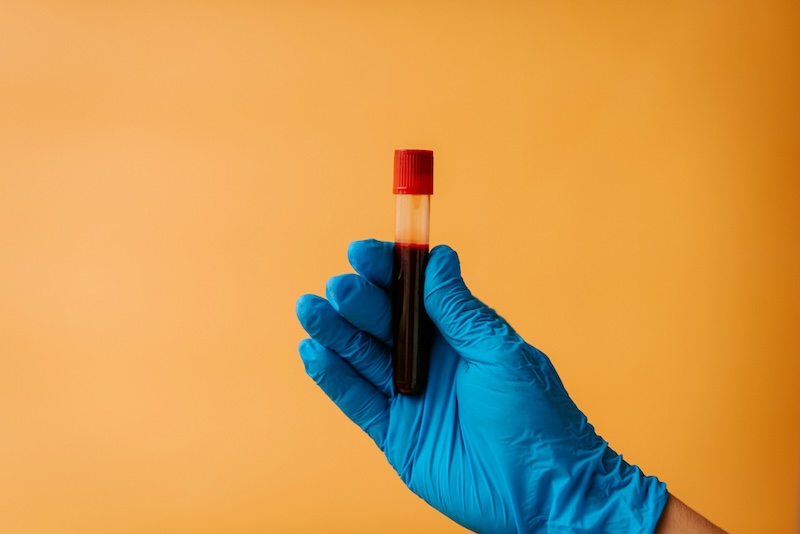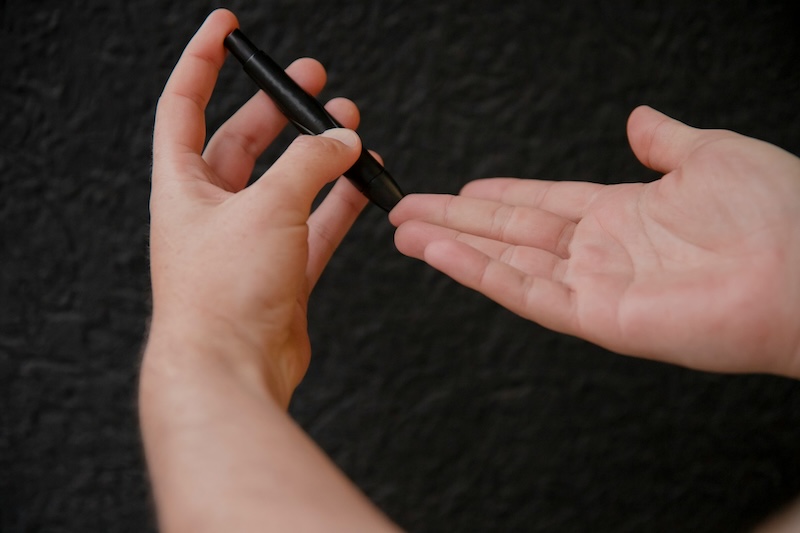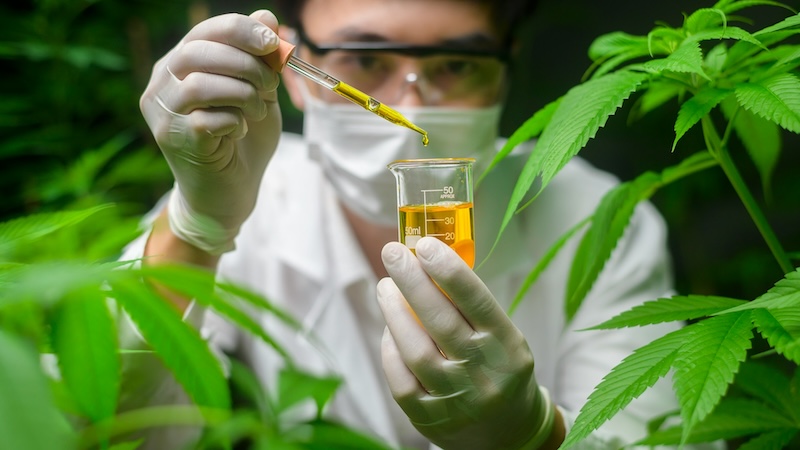More than 36 million Americans are currently living with type 2 diabetes, a chronic condition where the body doesn’t respond properly to insulin,...
Vous n'êtes pas connecté
- English
- Français
- عربي
- Español
- Deutsch
- Português
- русский язык
- Català
- Italiano
- Nederlands, Vlaams
- Norsk
- فارسی
- বাংলা
- اردو
- Azərbaycan dili
- Bahasa Indonesia
- Հայերեն
- Ελληνικά
- Bosanski jezik
- українська мова
- Íslenska
- Türkmen, Түркмен
- Türkçe
- Shqip
- Eesti keel
- magyar
- Қазақ тілі
- Kalaallisut ; kalaallit oqaasii
- Lietuvių kalba
- Latviešu valoda
- македонски јазик
- Монгол
- Bahasa Melayu ; بهاس ملايو
- ဗမာစာ
- Slovenščina
- тоҷикӣ ; toğikī ; تاجیکی
- ไทย
- O'zbek ; Ўзбек ; أۇزبېك
- Tiếng Việt
- ភាសាខ្មែរ
- རྫོང་ཁ
- Soomaaliga ; af Soomaali
 Maroc - KNOWRIDGE.COM - A La Une - 22/Mar 00:32
Maroc - KNOWRIDGE.COM - A La Une - 22/Mar 00:32
Unveiling the cause of “bad” cholesterol in the body
Scientists at the National Institute of Health (NIH) have made an important discovery about how “bad” cholesterol, also known as low-density lipoprotein cholesterol (LDL-C), builds up in the body. For the first time, researchers have visualized how LDL’s main structural protein binds to its receptor, LDLR, a key process that helps remove LDL from the […] The post Unveiling the cause of “bad” cholesterol in the body appeared first on Knowridge Science Report.
Articles similaires
Type 2 diabetes can be reversed — Here’s how
More than 36 million Americans are currently living with type 2 diabetes, a chronic condition where the body doesn’t respond properly to insulin,...
Red wine lowers bad cholesterol but doesn’t improve overall heart health
Moderate red wine consumption is linked to a small but significant reduction in LDL cholesterol, according to a systematic review and meta-analysis of...
How coffee affects your cholesterol, according to science
A new study from Norway suggests that the way coffee is brewed—and whether the drinker is male or female—may affect how much it raises cholesterol...
How coffee affects your cholesterol, according to science
A new study from Norway suggests that the way coffee is brewed—and whether the drinker is male or female—may affect how much it raises cholesterol...
New CBD treatments could treat epilepsy, multiple sclerosis more effectively
Researchers from the University of South Australia have found a way to make cannabidiol (CBD) work better in the body, potentially transforming how...
New CBD treatments could treat epilepsy, multiple sclerosis more effectively
Researchers from the University of South Australia have found a way to make cannabidiol (CBD) work better in the body, potentially transforming how...
The truth about cholesterol: 12 things you need to know – from eggs to weight to statins
What is good and bad cholesterol? Should you remove fat from your diet? And what about shellfish? Experts explain it all
Brain food: Preventing a stroke through dietary choices
You might not remember what you ate for breakfast yesterday, but your body certainly does. For better or worse, your dietary history is embedded in...
Brain food: Preventing a stroke through dietary choices
You might not remember what you ate for breakfast yesterday, but your body certainly does. For better or worse, your dietary history is embedded in...
Les derniers communiqués
-
Aucun élément






